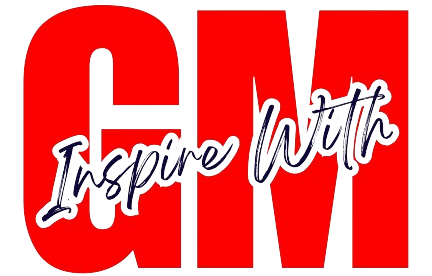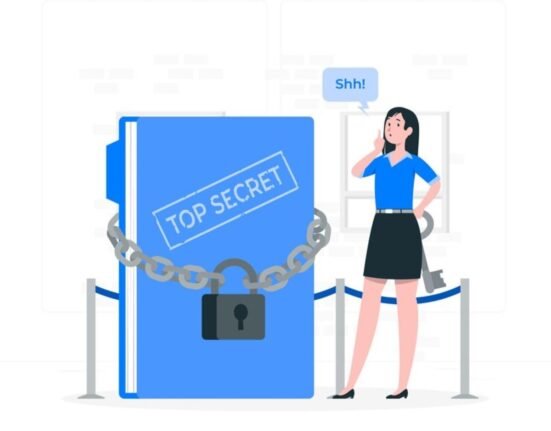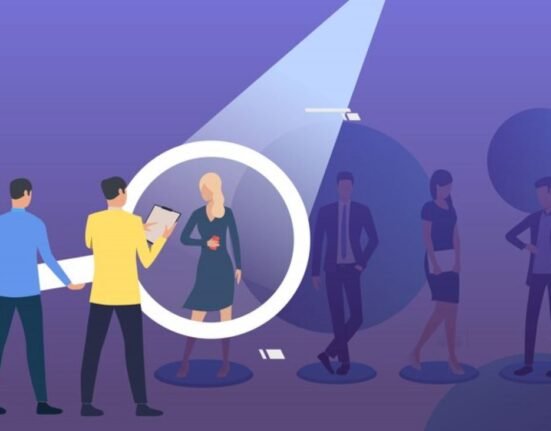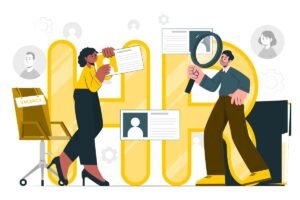In the complex tapestry of professional life, maintaining ethical standards is paramount to fostering a healthy workplace culture. In our blog post today, we delve into the world of Ethics Unveiled, engaging in candid conversations with experts to unravel the intricacies of Professional Conduct. Join us on this insightful journey where we explore the significance of confidentiality and workplace ethics in shaping ethical frameworks.
Understanding the Foundations:
Professional Conduct serves as the cornerstone of ethical behavior within any profession. It encompasses a set of principles and standards that guide individuals in their respective fields, outlining the expected behavior and responsibilities. However, within this framework, the concept of confidentiality and workplace ethics emerges as crucial elements that demand meticulous attention.
Confidentiality: A Pillar of Trust:
Confidentiality is not merely a legal obligation; it is a fundamental element of ethical behavior. This concept ensures that sensitive information shared in professional settings remains protected and undisclosed to unauthorized parties. Maintaining confidentiality builds trust between professionals, clients, and stakeholders, forming the bedrock of strong professional relationships.
Experts’ Insight:
In my candid conversations with industry experts, a recurring theme emerges — the significance of confidentiality in various professional domains. They, emphasize, “Confidentiality is not just about legal compliance; it’s about creating a safe space for individuals to share their thoughts and concerns without fear of judgment. It lays the foundation for effective communication and fosters a trusting client-therapist relationship.
Workplace Ethics: Navigating the Moral Compass:
Workplace ethics extend beyond individual behavior, encompassing the broader principles that govern an organization. This involves fair treatment, equal opportunities, and the establishment of a work environment that values integrity. Professionals navigating the complex landscape of workplace ethics must balance personal values with organizational expectations.
Experts’ Insight:
In my discussion with , an organizational development expert, shares his perspective, “Workplace ethics is not a one-size-fits-all concept. It’s about creating a culture where diverse perspectives are respected, and employees feel valued. This involves transparent communication, fair policies, and a commitment to addressing ethical concerns promptly.
Confidentiality in the Digital Age:
As technology continues to advance, the ethical considerations surrounding confidentiality have become more intricate. The digital age presents new challenges, with the potential for data breaches and unauthorized access. Professionals must adapt their practices to ensure the confidentiality of sensitive information in an increasingly interconnected world.
Experts’ Insight:
In my conversations with cybersecurity specialists, They , emphasizes, “Confidentiality is at the core of cybersecurity. With the prevalence of digital communication, professionals must implement robust security measures to protect sensitive data. This not only safeguards individuals’ privacy but also upholds the ethical standards of the profession.
The Intersection of Confidentiality and Workplace Ethics:
Navigating the ethical landscape requires a nuanced understanding of how confidentiality and workplace ethics intersect. Consider a scenario where an employee uncovers unethical practices within their organization. Balancing the obligation to maintain confidentiality with the responsibility to address workplace ethics challenges professionals to make principled decisions.
Experts’ Insight:
In my discussion with a Legal expert, weighs in, “Confidentiality and workplace ethics often collide when individuals become aware of wrongdoing. Professionals must carefully assess the situation, considering the potential harm caused by the unethical behavior. It’s a delicate balance, requiring careful navigation to protect both confidentiality and uphold ethical standards.
Upholding Ethics in Action:
Beyond theoretical discussions, the essence of Ethics Unveiled lies in translating ethical principles into actionable steps. Professionals must actively engage in open communication, ongoing education, and a commitment to ethical decision-making. This involves creating a culture where ethical conduct is not just a set of rules but a lived experience.
Experts’ Insight:
In my discussions , a leadership consultant, she underscores, “Ethical behavior is not a checklist; it’s a mindset. Organizations should foster an environment where employees feel empowered to raise ethical concerns without fear of retaliation. This proactive approach ensures that ethical values are ingrained in the organizational culture.
Conclusion:
As we conclude our journey through Ethics Unveiled, it is evident that confidentiality and workplace ethics are not isolated concepts but integral components of a holistic ethical framework. Candid conversations with experts highlight the evolving nature of professional conduct and the ongoing commitment required to uphold ethical standards in diverse and dynamic workplaces.
In the ever-changing landscape of professional life, embracing the principles of confidentiality and workplace ethics is not just a responsibility; it is a testament to the commitment of individuals and organizations to ethical excellence. Let Ethics Unveiled inspire us all to navigate the complexities of professional conduct with transparency, integrity, and a genuine dedication to fostering ethical workplaces.

















